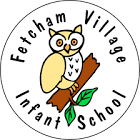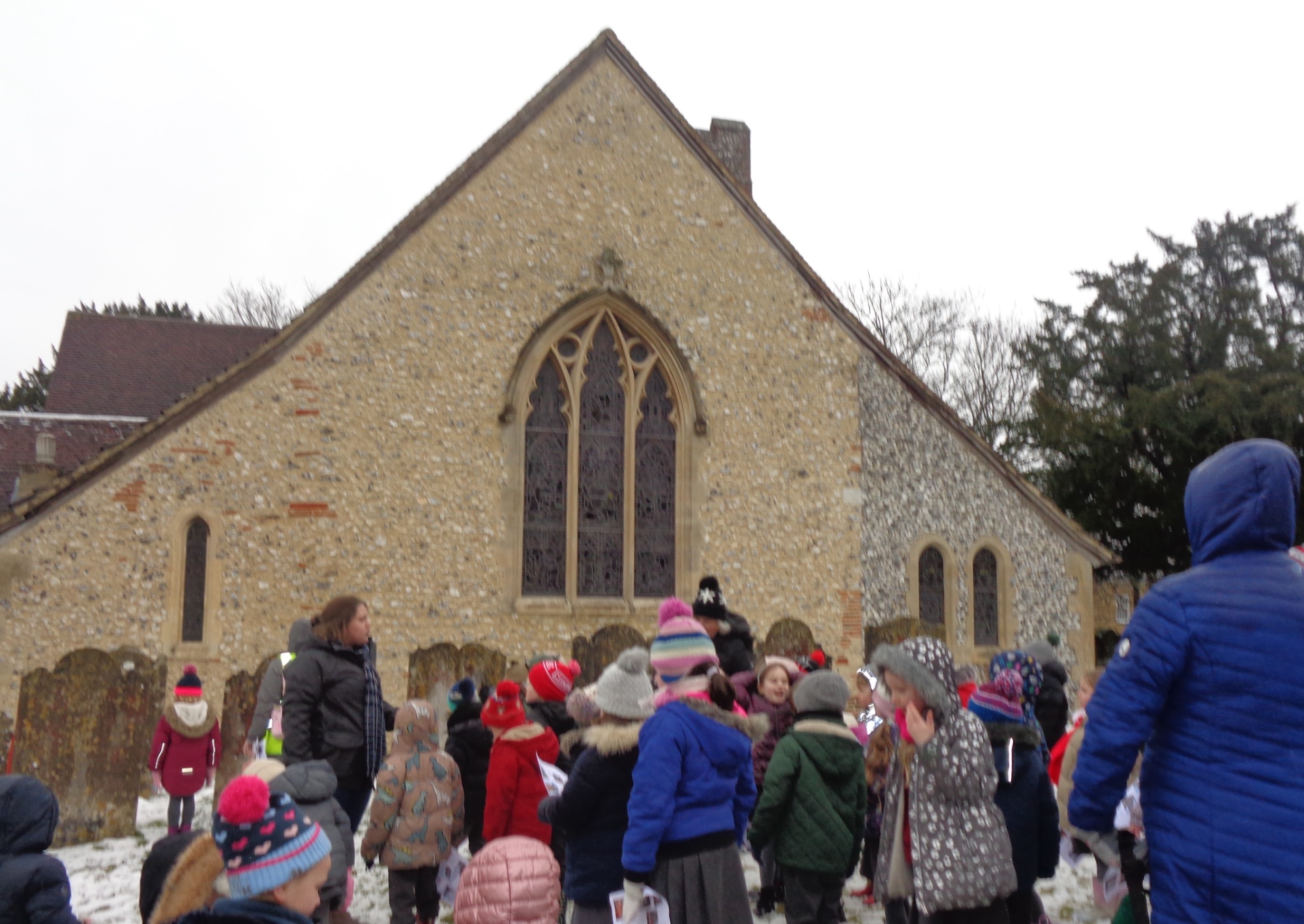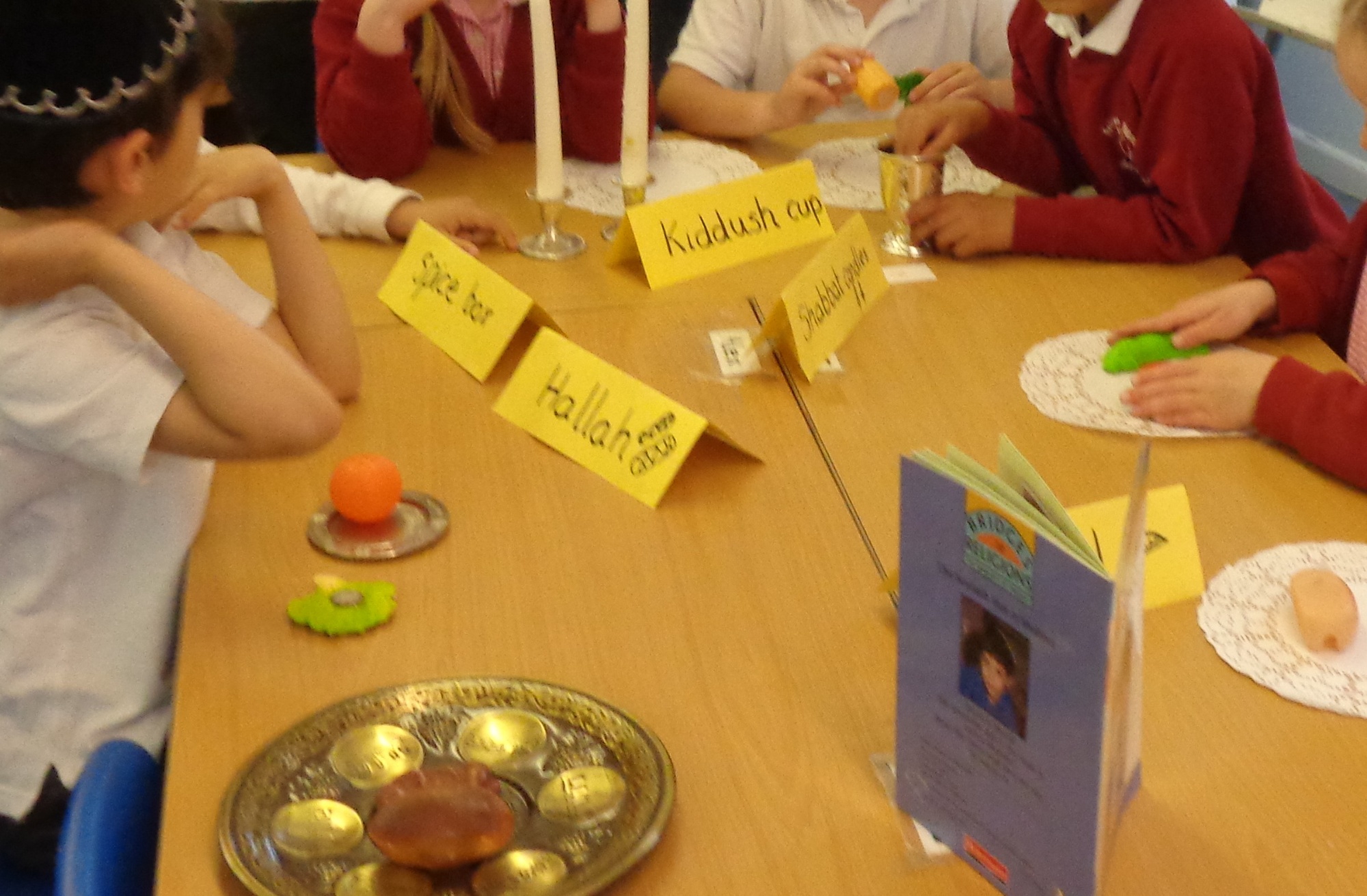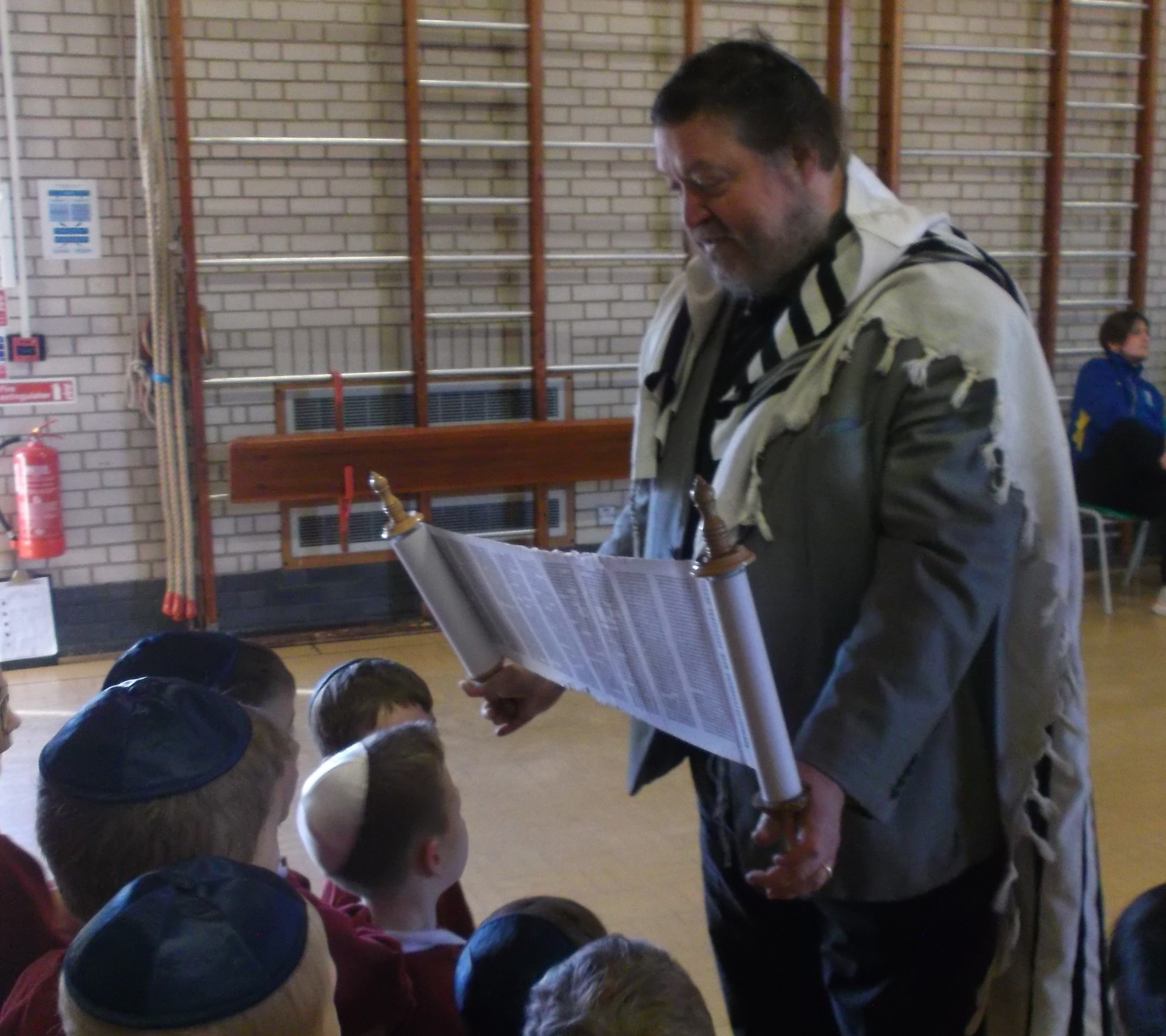RE (Religious Education)
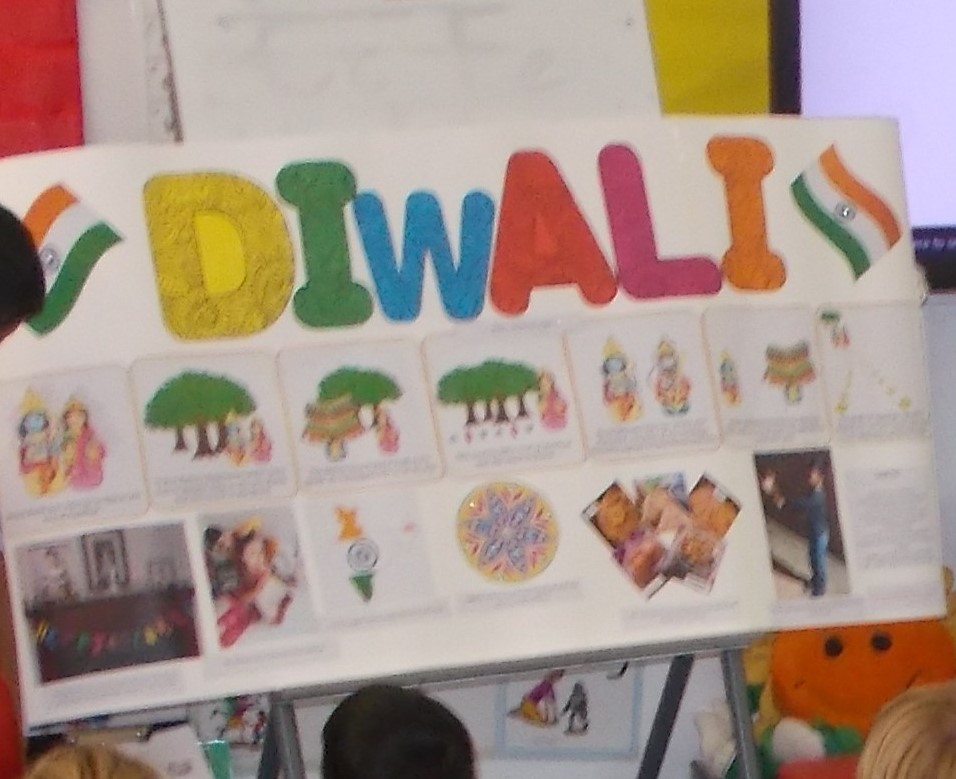
RE is taught using specifically selected units of work that develop the following skills and knowledge:
-
reflection on feelings and experiences.
-
empathy; to consider the thoughts, feelings and beliefs of others and to recognise feelings such as love, wonder and forgiveness.
-
understand that others have different views of the world.
-
investigation by asking questions and collecting information.
-
interpretation of meaning from works of art, music, poetry and symbols.
-
analysis - to understand the difference between opinions and fact.
Through the teaching of RE, children will develop the following attitudes which are at the heart of Religious Education:
-
fairness - listening and considering views of everyone.
-
respect for people in the world and community who hold different views and respect for the needs and concerns of others.
-
Self-understanding - sense of self-worth and value.
-
enquiry - curiosity to find out about life.
There are two attainment targets:
-
Learning about religions
-
Learning from religion
RE teaches children to have a better understanding of the religions that make up the UK landscape and how they can learn from and work alongside each other to create community cohesion. All children will be more informed about their position in the world, and the decisions they can make impacting their future. All children in school will be able to talk confidently about their wellbeing, moral and cultural development for the society in which they live. The RE curriculum promotes inquisitive minds, respect, tolerance and understanding for all those around them including themselves. This will be evident through using the correct vocabulary, explanations and respectful opinions, as well as cross-curricular evidence, for example religious and cultural artwork, drama, craft and presentations. Impact will be seen by all teachers and children enjoying the experience of teaching and learning RE and understanding how it can help them in their future.
Children are taught RE in discrete regular RE lessons.
In lessons, children learn about religions by:
-
acquiring and developing knowledge and understanding of Christianity and aspects of Judaism and Islam through:
-
encountering and learning the names of some of the important places and objects connected with the religion studied, and becoming familiar with stories about key people
-
learning about some ideas and practices associated with festivals, celebrations and events
-
using stories and symbols
-
meeting people who belong to the religious community that is being studied and visiting religious places (where possible).
Teaching is consistent as all teachers ensure that:
-
Learning objectives and assessment criteria are clearly stated at the start of each lesson and referred to during the lesson.
-
Topics begin with an engagement activity which is linked to everyday life experiences, in order to hook children into aspect of faith being taught.
-
A longer time is spent on fewer topics to ensure that learning is securely embedded.
-
Links to other faiths and practices are made enabling children to use their knowledge of different faiths to compare and contrast what they have learnt.
-
Links to maths patterns, studies of different countries and cultures in Humanities and Art are made when possible to further embed learning.
-
The whole class work on the same material with differentiation by support and challenge.
-
Discussion is encouraged to help children to articulate their understanding and thoughts on their learning.
-
Children are encouraged to question, interpret and express their ideas and to make links to their own personal values and beliefs.
-
Opportunities for children to express their ideas and understanding creatively are provided where appropriate in lessons. This is done through drama using freeze-frames, role-play, hot seating and re-enacting rituals or celebrations like Shabbat. Other opportunities are provided through drawing, painting and making models of artefacts or symbols for celebrations.
Children learn from religion by developing positive attitudes towards other people and enhancing their own spiritual and moral development through:
-
responding to stories from different religious traditions
-
realising that stories from religious traditions often deal with feelings similar to their own
-
talking and thinking about puzzling questions which arise in life
-
talking about things that matter to them and listening to what others have to say
-
exploring the sense of belonging to a community
-
exploring the difference between right and wrong, fair and unfair
-
expressing themselves creatively in art, drama, dance, etc.
-
using times of quiet to reflect on a story or other experience
-
responding to the wonder and beauty of the natural world.
Assessment is a key component in the high quality teaching of RE at Fetcham Village Infant School. Teachers make good use of formative and summative assessment. As lessons are taught by class teachers, lessons can be adapted to meet the changing needs of the children. In these cases, teachers will use their own judgement to assess when delivery of a certain area is most relevant. Teacher Assessment is recorded on our online Insight Tracker system.
